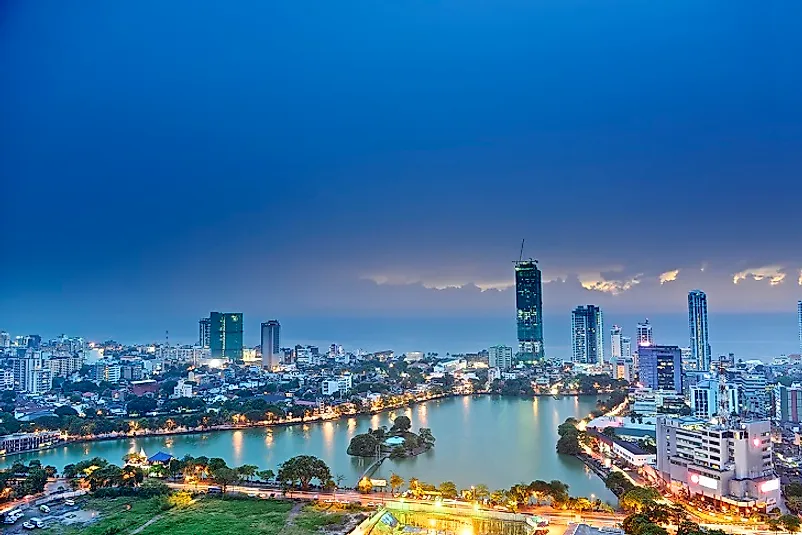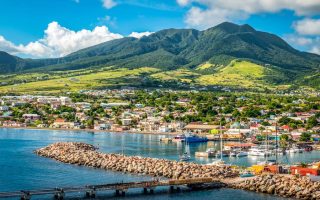lettersforvivian.org – Sri Lanka’s political landscape is undergoing a significant transformation, marked by the unexpected rise of Anura Kumara Dissanayake, a Marxist-leaning leader, to the presidency. This shift not only represents a change in leadership but also signals a broader transformation in the country’s political and economic direction. The 2024 presidential election has been a litmus test for Sri Lanka’s political future, with unprecedented crossovers and shifting alliances playing a crucial role in the outcome.
The Rise of Anura Kumara Dissanayake
Anura Kumara Dissanayake, the leader of the National People’s Power (NPP) alliance, has emerged as a political outsider who has managed to capture the imagination of the Sri Lankan electorate. His victory in the presidential election on September 21-22, 2024, marks a significant departure from the entrenched political dynasties that have long dominated Sri Lankan politics.
Dissanayake’s campaign was built on a platform of anti-corruption and pro-poor policies, which resonated deeply with the Sri Lankan people, especially in the wake of the country’s severe economic crisis in 2022. The crisis, which saw Sri Lanka ground to a halt due to inflation and a lack of foreign reserves, led to widespread public anger and protests. Dissanayake capitalized on this sentiment, positioning himself as a leader who could bring about the change the country desperately needed.
The Political Shift
The 2024 presidential election represents more than just a change in leadership; it signals a broader transformation in Sri Lanka’s political and economic landscape. The election results indicate a significant shift towards liberal-leftist politics, with the NPP alliance, led by Dissanayake, securing a decisive victory.
This shift is not just about the change in leadership but also about the broader transformation in the country’s political and economic direction. The NPP’s victory marks the first time a government in Sri Lanka will be headed by a leader with a strong left-wing ideology. This ideological shift is expected to bring about significant changes in policy, particularly in areas such as economic reform and social justice.
Challenges Ahead
While Dissanayake’s victory is a historic moment for Sri Lanka, it also comes with significant challenges. The country is still grappling with the aftermath of its economic crisis, and Dissanayake will need to navigate a delicate balance between his leftist economic policies and the conditions set by the International Monetary Fund (IMF) for its bailout package.
Moreover, Dissanayake’s political affiliations with the Janatha Vimukthi Peramuna (JVP), a party known for its past violent insurrections, have raised concerns. While Dissanayake has apologized for the group’s past actions, his ability to lead a peaceful and inclusive government will be closely watched.
Foreign Policy Implications
Dissanayake’s victory is also expected to have implications for Sri Lanka’s foreign policy. Analysts predict that while he may maintain a delicate balance in relations with both India and China, his leftist leanings could lead to a shift in the country’s foreign policy approach.
Conclusion
The 2024 presidential election in Sri Lanka marks a significant turning point in the country’s political history. The rise of Anura Kumara Dissanayake to the presidency represents a historic shift towards liberal-leftist politics and a departure from the traditional political dynasties that have long dominated the country. While this shift brings hope for change and reform, it also comes with significant challenges that Dissanayake will need to address in the coming years. The success of his presidency will be crucial in determining the future direction of Sri Lanka’s political and economic landscape.




